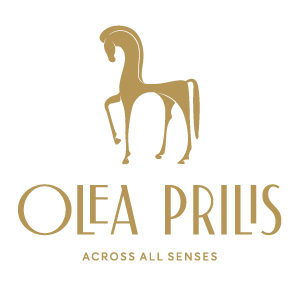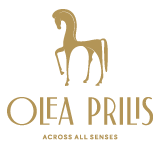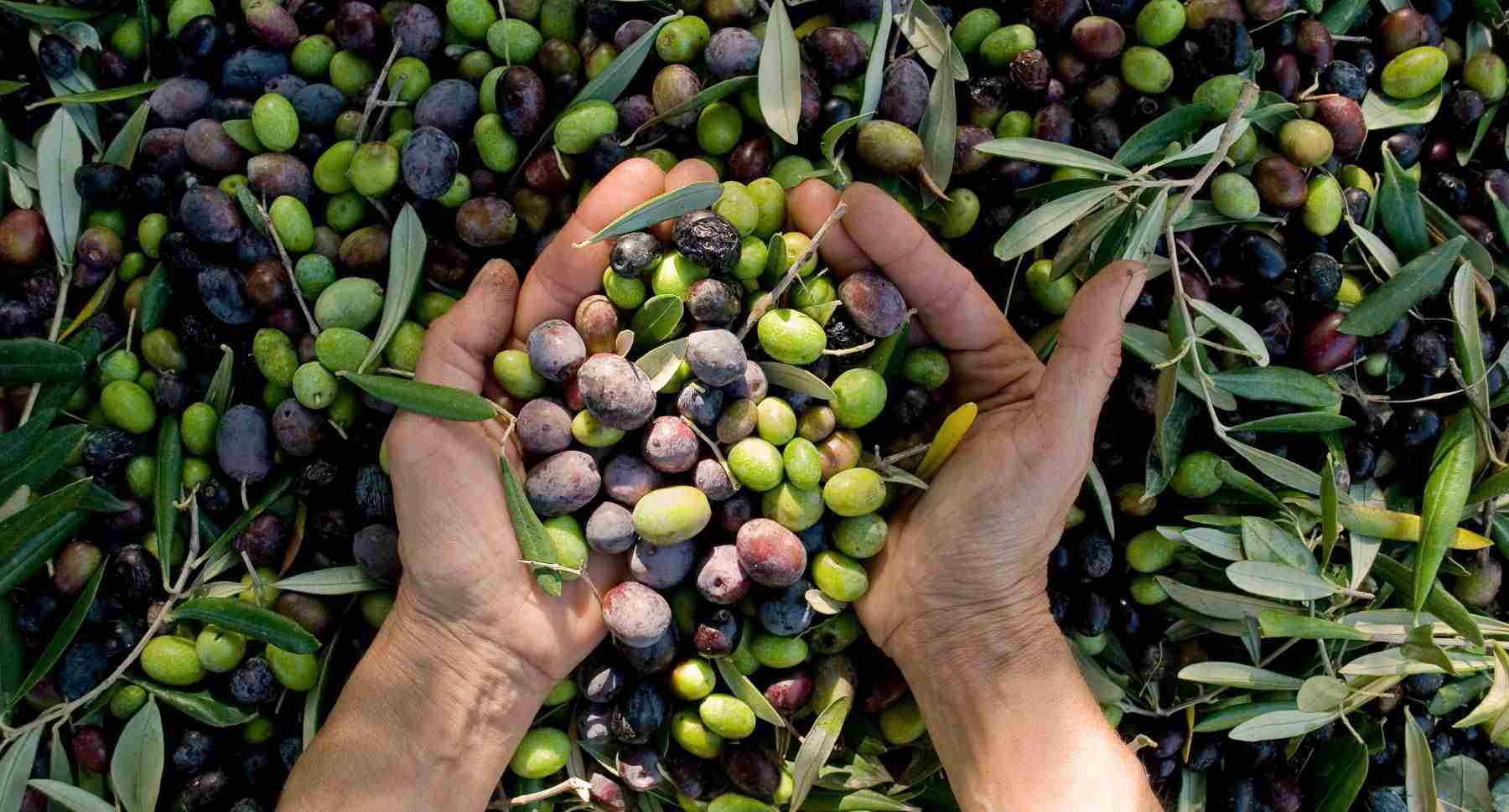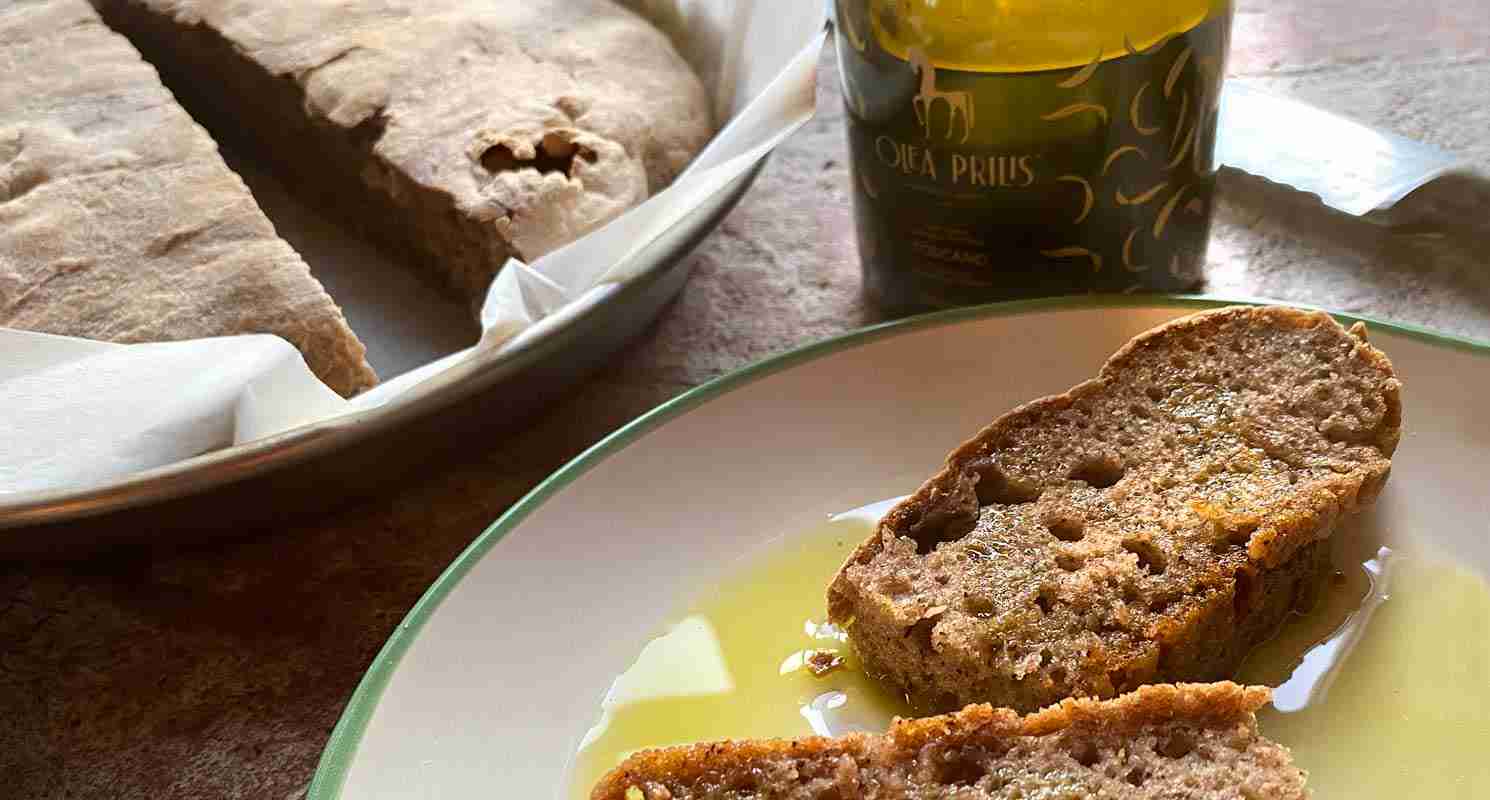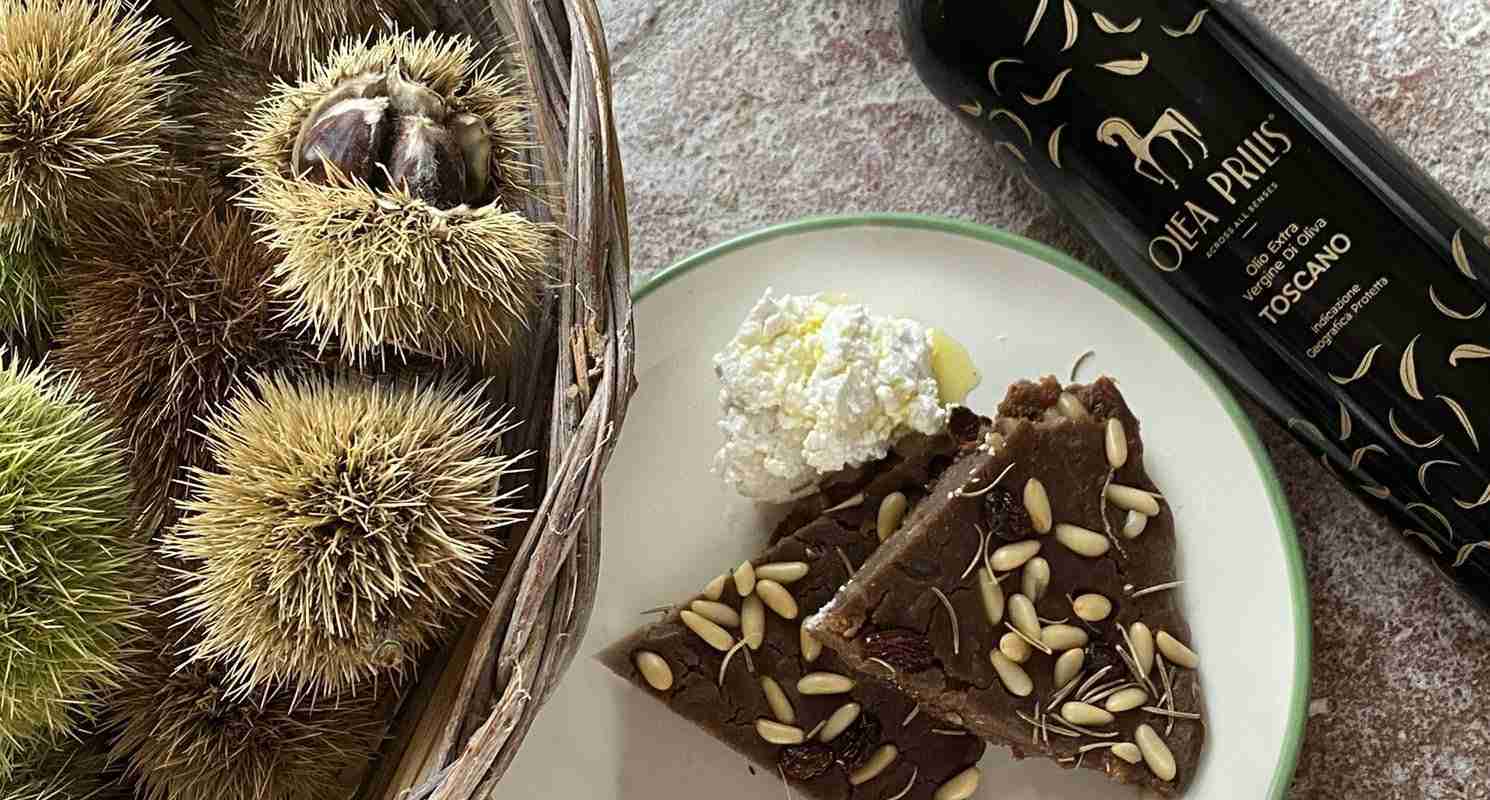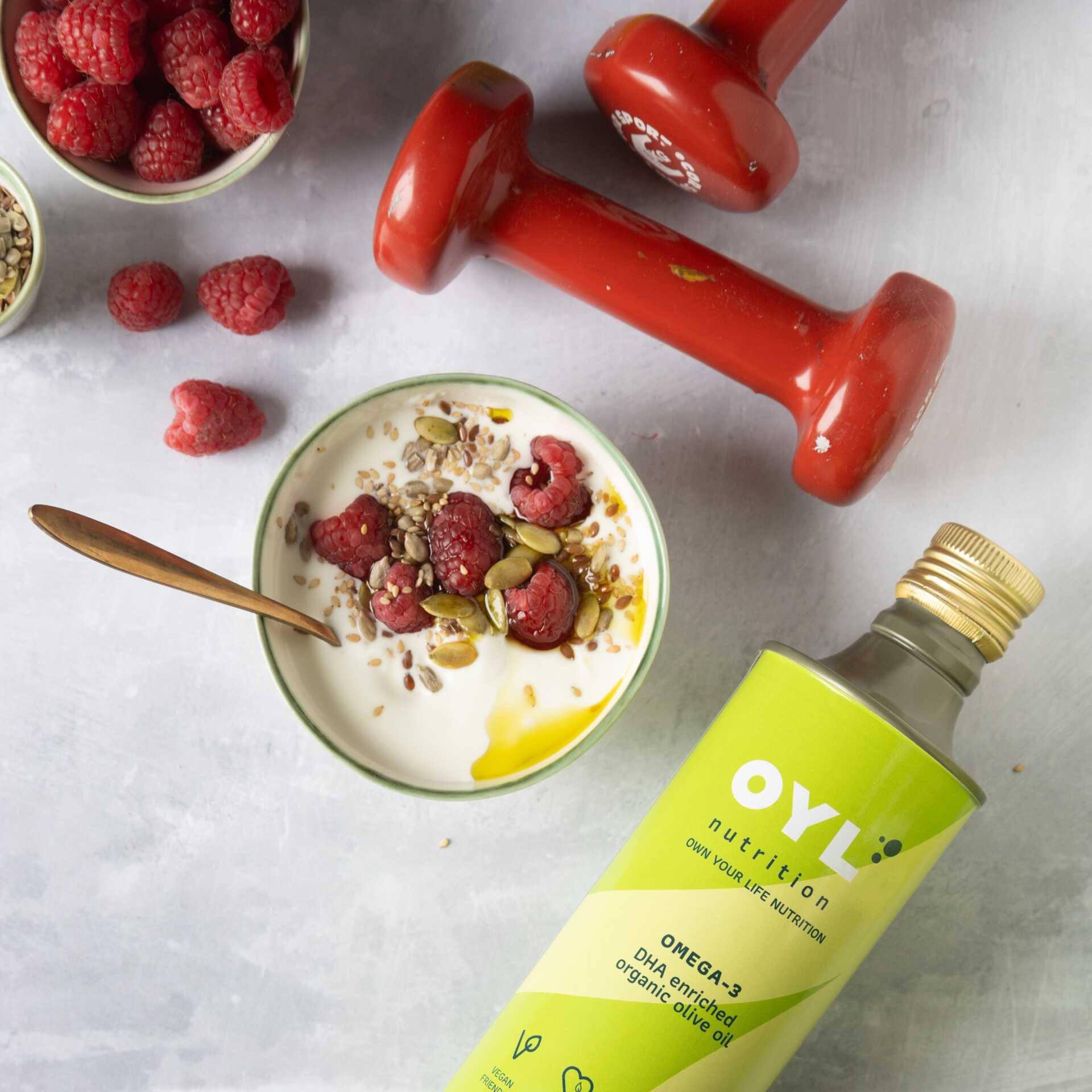Why choose an Organic Extra Virgin Olive Oil?
To be classified as organic, extra virgin olive oil has to adhere to very strict production specifications that start out in the field before finishing up in the bottle.
Olea Prilis is an organic extra virgin olive oil. What does that mean?
How to extract Organic Extra Virgin Olive Oil
Above all, extra virgin olive oil has to be obtained from olives grown and harvested according to certified organic farming practices. The use of synthetic chemicals is prohibited and practices aimed at preserving and improving soil fertility are very specific and severely regulated. You may ask why this severity? And the reason is because it has been demonstrated that the use of chemicals depletes the land and impoverishes the soil. To “enrich” it, synthetic substances continue to be used with some short-term benefits but the inevitable decline over time makes the soil unhealthy.
The production of Organic Extra Virgin Olive Oil
That’s why an organic production guarantees that you are purchasing genuine olive oil, free from toxic residues released by substances used in conventional agriculture such as insecticides, herbicides and chemical fertilizers. They not only damage the soil in the long run, but also cause collateral harm to wildlife and in turn break the integrity of the food chain.

Guaranteed Organic
Organic farming must comply with two fundamental European requirements.
- THE FIRST ONE is the cultivation procedure of organic olive trees (contained in EC Regulation 21 Reg. EU 611/14) which guides the producer in all olive growing techniques. It requires them to pay scrupulous attention to olive-grove management and agronomic practices aimed at soil fertility, through to choosing the varieties.
- THE SECOND is the production regulation of organic extra virgin olive oil (contained in EC Regulation n.2092/91 with subsequent amendments and additions) that determines all steps in the organic process: from olive harvesting, to pressing, to bottling and final storage.
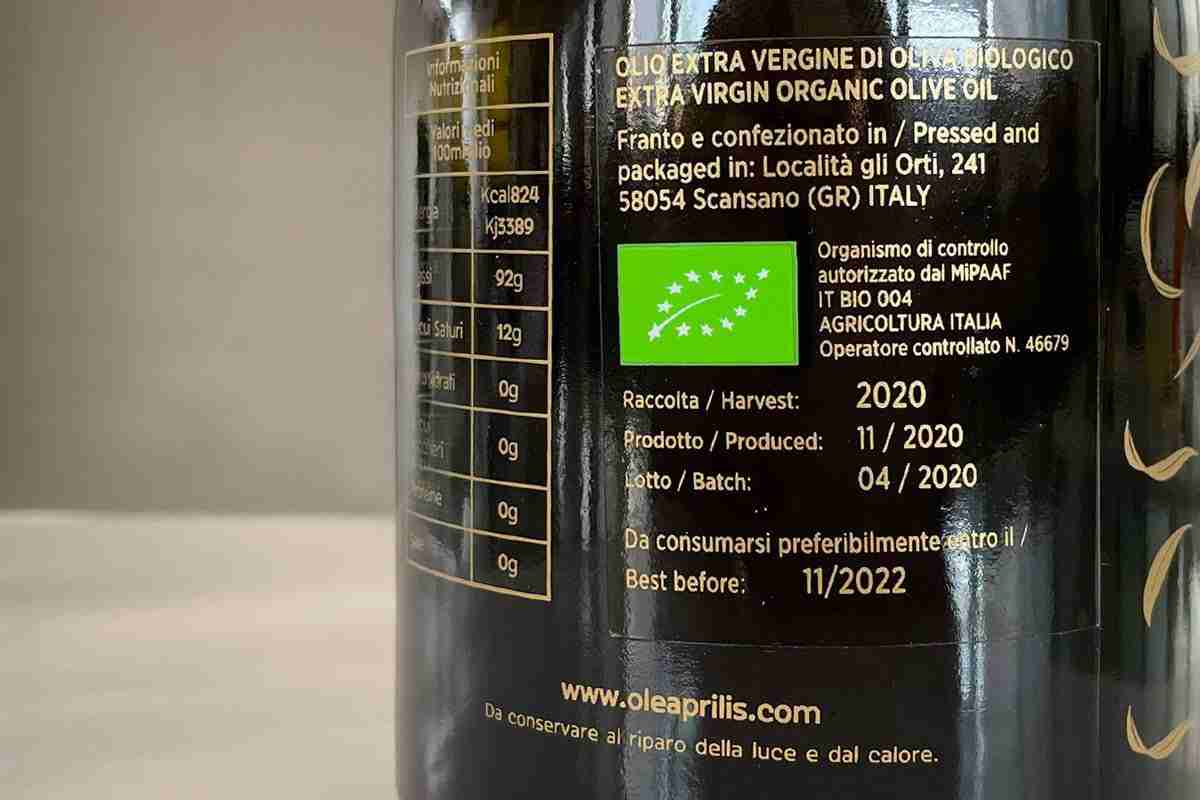
Producing Olive Oil: respecting Nature
For the olive oil farmers and producers wishing to follow this kind of production model means adhering to a particular lifestyle that avoids the exploitation of natural resources and ensures the authenticity of foods. But it also implies working tirelessly, especially when it comes to counteracting parasite attacks. Parasites have a tendency to thrive and colonize specifically in monocultures. These insect pests could easily be curbed with aggressive chemical products, but we all know that they are harmful to our health and to the environment.
In organic farming these pests are eradicated through natural methods and more importantly by increasing the biodiversity of the natural habitat through cultivating a variety of specific plants species between the olive grove rows. This favours the proliferation of the so-called “good” insects, who naturally contrast those insects and parasites that cause damage to the olives or other plants.
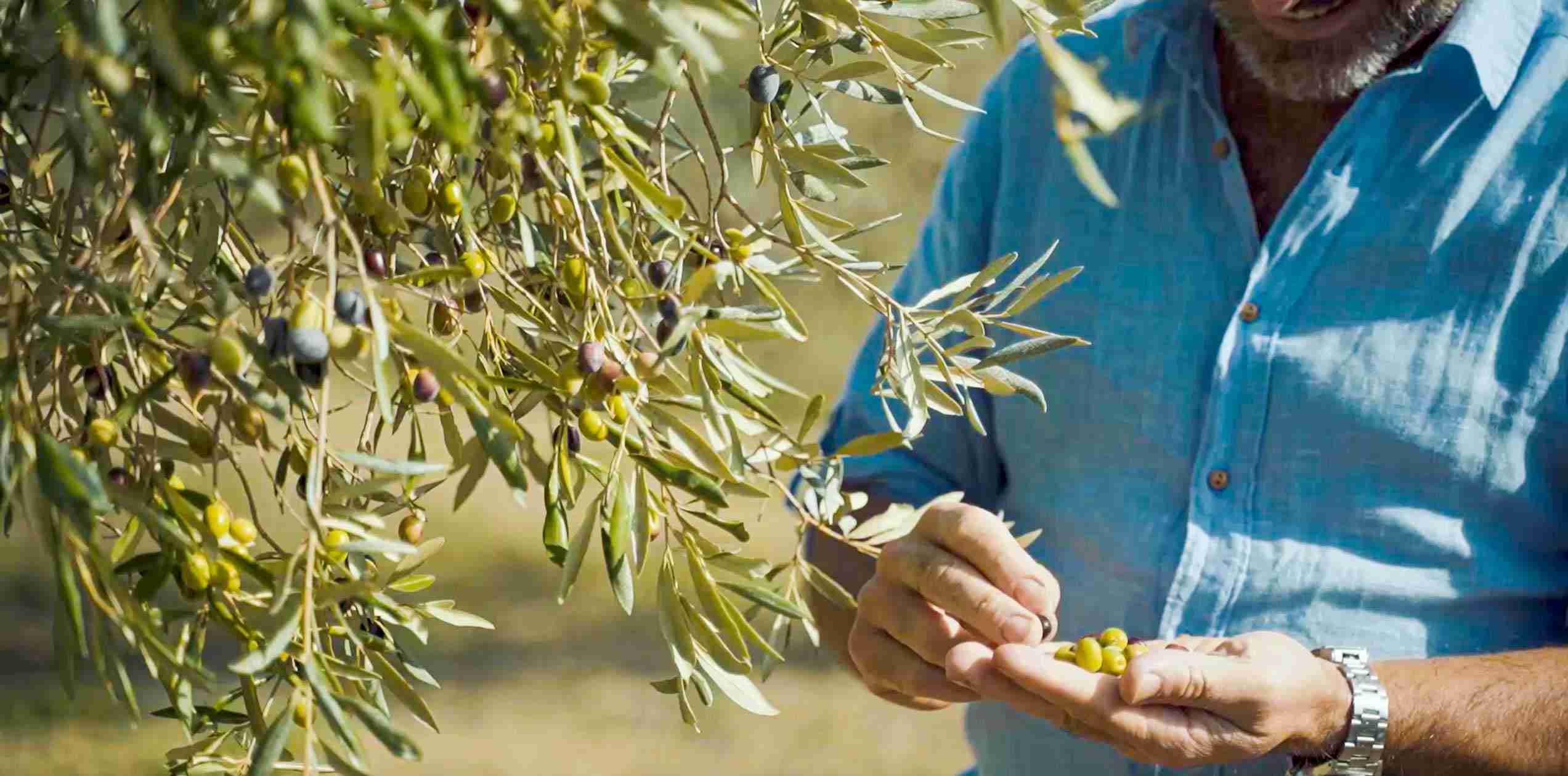
Why buy an Organic Extra Virgin Olive Oil
By purchasing organic extra virgin olive oil you not only support and encourage producers in this laborious and complex practice of agricultural management but you are also reassured of a product that is guaranteed not to have any negative effects on your family’s health.
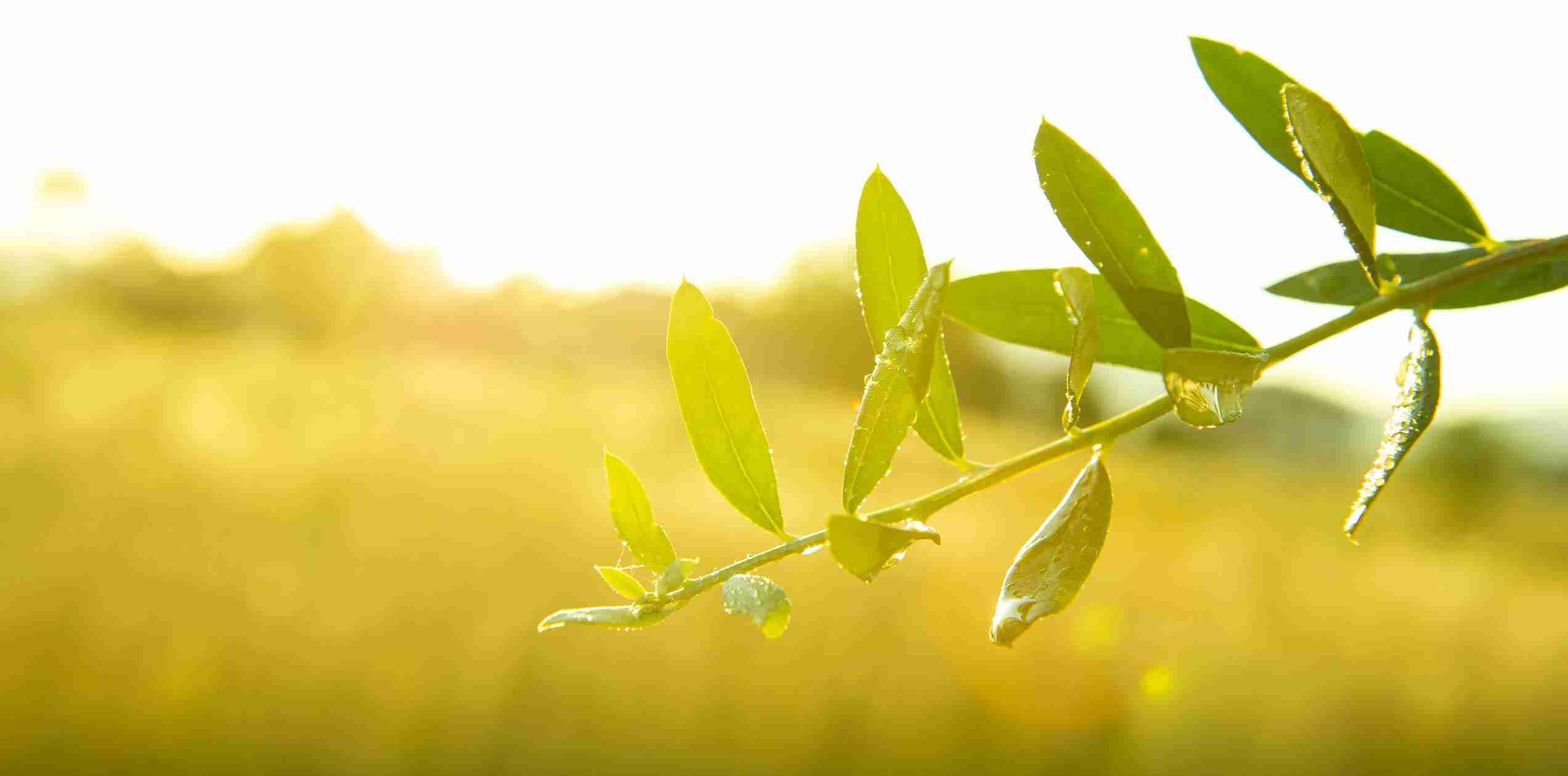
How to choose an Organic Extra Virgin Olive Oil?
For all these great reasons mentioned it’s preferable to focus on purchasing organic olive oil. However you need to remember that the organic certification alone cannot replace our taste buds! First up is to look for a wholesome olive oil, that also tastes and smells great because you can’t be certain that these parameters will be found just because it’s an organic brand.
Dedicating ourselves to the search for extra virgin olive oils we love, is of primary importance: we always start with the tasting to become familiar with the diverse hints and aromas that can only be contained in the best produced olive oils. Through tasting we can all learn to distinguish an extra virgin olive oil’s quality without the need for masters or guides. We just have to rely on our senses, without delegating our taste preference to anyone.
Text by Caterina Mazzocolin
